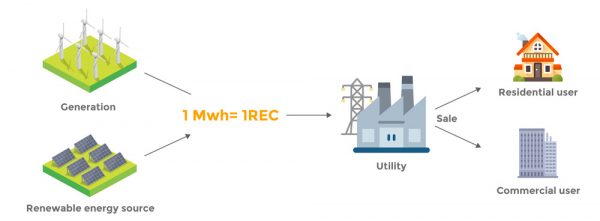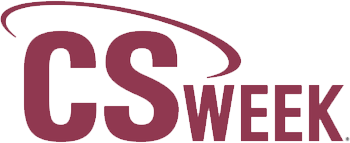Compliance with environmental standards is becoming increasingly important for utilities. With “Renewable Energy Certificates” (RECs), lawmakers are supporting a market system which encourages renewable power generation, provides a way to measure whether organizations are meeting environmental targets, and allows consumers to choose green energy.
A renewable energy certificate, or REC, is a tradable commodity or title that is created when a renewable energy source generates 1 MWh of energy. This certificate represents the extra green value of energy generated by renewable sources and is traded independently of the energy itself. RECs are subject to thorough regulatory oversight to prevent double spending, the dishonest creation of certificates, or false claims by consumers that they are using renewable energy.

Many government entities are required to purchase RECs to meet targets established in environmental regulations. For instance, Section 3(c) of Executive Order (E.O.) 13693 calls for Federal American Agencies to obtain at least 30 percent of their electricity from renewable electric energy by 20251. Renewable Portfolio Standards are implemented in many states which require utilities to meet gradually increasing targets for the percentage of green energy in their total energy mix. Organizations subject to renewable portfolio legislation may receive large penalties if they fail to purchase the necessary number of RECs. The portion of the certificate market which helps organizations meet regulatory requirements is known as the compliance market and represents the majority of green energy sold.
The remainder of the market for RECs is known as the voluntary market, this demand comes from consumers who want to support renewable energy and companies that want to show their customers that they care about the environment. The voluntary market is significantly smaller than the compliance market, but it is steadily growing along with public concern about environmental issues. Utilities and retailers will typically retire certificates on behalf of their customers, allowing them to purchase green energy without having to interact directly with the REC market. Companies that make claims about using green energy contribute significantly to the voluntary market, as they must prove to regulators that they are retiring enough RECs to back their claims2.
“The voluntary green power market now accounts for about 28% of all U.S. renewable energy sales, excluding large hydropower”3.
To illustrate how renewable energy claims work, consider two factories. Factory A takes its power directly from a coal power plant, but it retires enough RECs to match its energy consumption, so it can claim to be fed with 100% renewable energy. Factory B is fed completely by its own renewable energy sources, but it sells all the certificates, so it would not be fair to claim that it is using green energy. In practice, it is not possible to track the flow of electrical power from generation source to end user, which is why the REC system is in place. With this system, the right to claim that energy comes from a green source has been unbundled from the energy itself, tokenized, and made available on the open market.
The commercialization of RECs has made it possible for utilities to demonstrate their leadership in sustainability and carbon footprint reduction. Furthermore, these certificates generate opportunities for utilities to support investment in renewable generation and offer their customers the chance to buy certified green energy.
While the REC system does provide a lot of value to the energy sector, it has proven to be costly and slow for both producers and buyers due to the number of intermediaries involved and the fact that it can take up to two weeks to get a certificate issued. Currently, regulators must go to great lengths to ensure that everyone is playing by the rules and that anyone claiming to use green energy puts their money where their mouth is. Blockchain platforms have emerged as an alternative which could manage RECs in a way which is smarter, faster, more accurate, and less resource-intensive than the current model.
Blockchain platforms are already being trialed to enable the trading and generation of RECs at a kWh scale for prosumers, which could bring more actors into the renewable energy marketplace and further the business case for residential solar. It is yet to be seen whether blockchain will significantly disrupt the renewable energy market, but for now, utilities are watching with keen anticipation to see whether this technology could bring real benefits to their customers and the environment.









